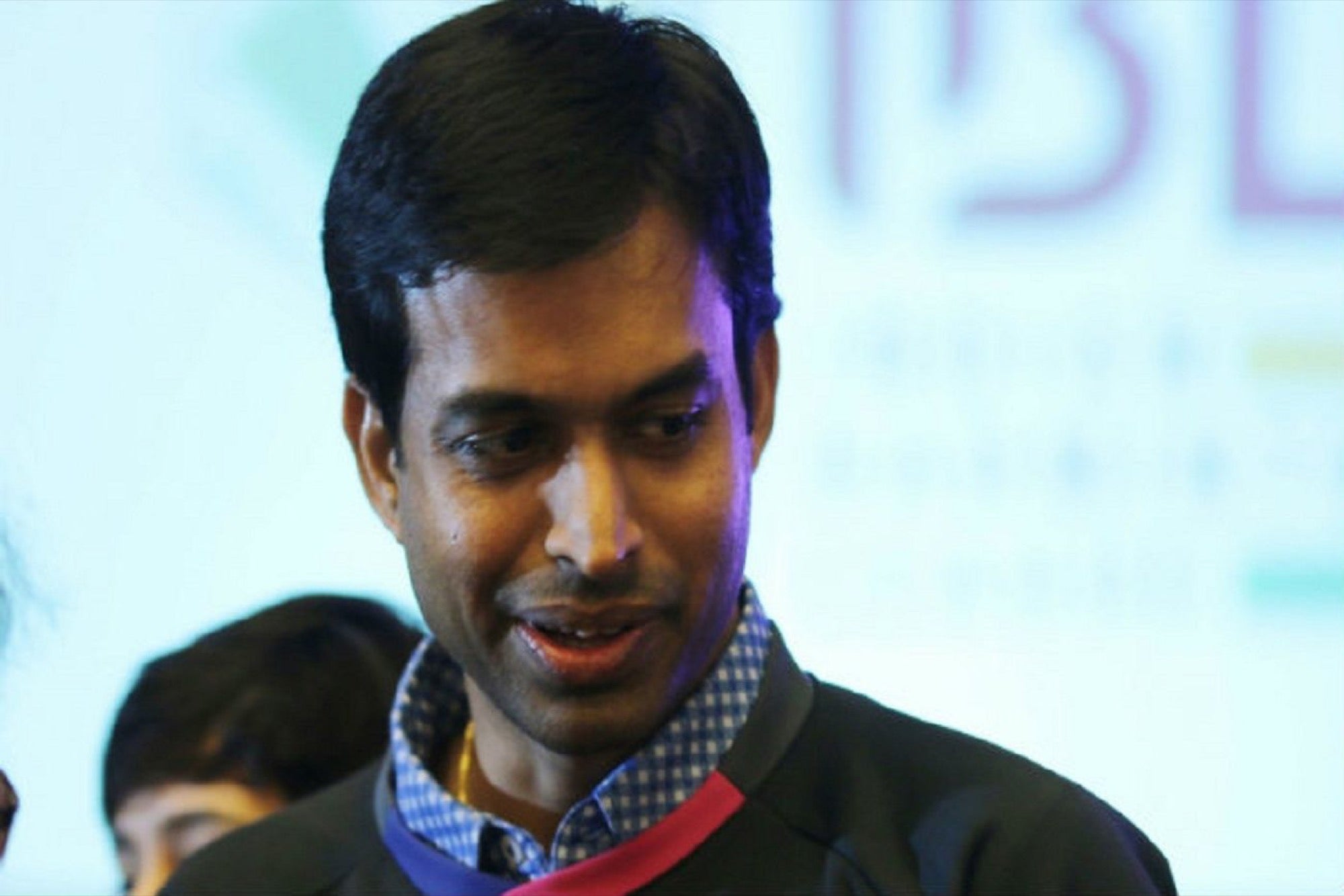India's Badminton Maverick On Why Sport Literacy Is Need of The Hour The former athlete believes India needs to gain physical literacy and not just alphabetical or numerical literacy
Opinions expressed by Entrepreneur contributors are their own.
You're reading Entrepreneur India, an international franchise of Entrepreneur Media.

For most sport players in India, being selected for representing the country at Olympics, the world's most prestigious sporting event, is a dream come true. If it's a win even better. Unfortunately the country has less than dozen medals to showcase since independence, for which most players have often blamed the poor sporting infrastructure.
Unaware if he was ever going to be successful, a badminton player who had failed securing a medal, 17 years ago at the Sydney Olympics, decided to take on a rather tough challenge – the challenge of coaching world class badminton players who could one day not only secure a medal for the country, but change the way people perceive sports beyond cricket in India. Today the Gopichand Academy in Hyderabad is responsible not just for putting top class shuttlers on the global badminton map, but also producing India's maiden badminton medal winners at the Olympics, Saina Nehwal and PV Sindhu.
"The best results are achieved when you least expect them," says Pullella Gopichand, the man behind the magic, that has turned aspirations of several young kids in India into a reality.
The Need for Physical Literacy
The Dronacharya award winner feels there is lot more to be done when it comes to sport, most importantly, building the sport literacy of the country.
"With the rush to achieve computer literacy we have lost the natural fundamentals of growth. In the last few years if we have developed it's in alphabetical and numerical literacy. We haven't been really looking at physical literacy as much," he said.
The acclaimed athlete who was the second Indian to win the All England Championship after Prakash Padukone, feels its necessary to give every child the chance to experience their physical capability, failing which they may never realise their true potential.
"Walking, running, jumping, anything. Even the very basics of physical activities have become rare.Be it anything, some form of sport is needed for kids to ateast have the choice and realise their potential," he added.
Grooming The Stars Of Tomorrow
While most international players in individual sports have chosen to retire from their games completely or take on a coaching role with the government, Gopichand decided otherwise. With the help of the Andhra government he set up his first academy in 2008, with a vision to chase excellency in the sport. While mobilizing funds and providing world-class infrastructure was a challenge initially, the bigger task ahead of him was identifying and grooming the players on a personal level.
" Having been a sportsperson all my life it came to a point where winning or losing stopped mattering an what mattered was excellency. But when I started training these kids, I saw how much winning was also important to them," he said.
The motivation and spirit to win has led to Gopichand's Academy producing the bulk of India's top badminton players including Saina Nehwal, P V Sindhu, Parupalli Kashyap, Srikanth Kidambi, Arundhati Pantawane, Gurusai Datt and Arun Vishnu among others. While Saina eventually went on to win the bronze medal at the 2012 Summer Olympics, PV Sindhu secured a silver medal at the 2016 Summer Olympics, proving that Gopichand's hard work had paid off.
Building a Sporting Empire
In fact the demand in Hyderabad owing to his successful record has become so high, that in March last year he opened the second academy in the same area in collaboration with the government known as Sports Authority of India (SAI)-Gopichand Academy. The twin academies now have 17 courts and can train upto 130 players.
However, the demand for training kids that has picked up during the last five years requires more space. In the search for talent across the country Gopichand has now set up academies in Gwalior, Vadodara, Tanuka (Andhra Pradesh) and Salem (Tamil Nadu) and plans to open many more.












